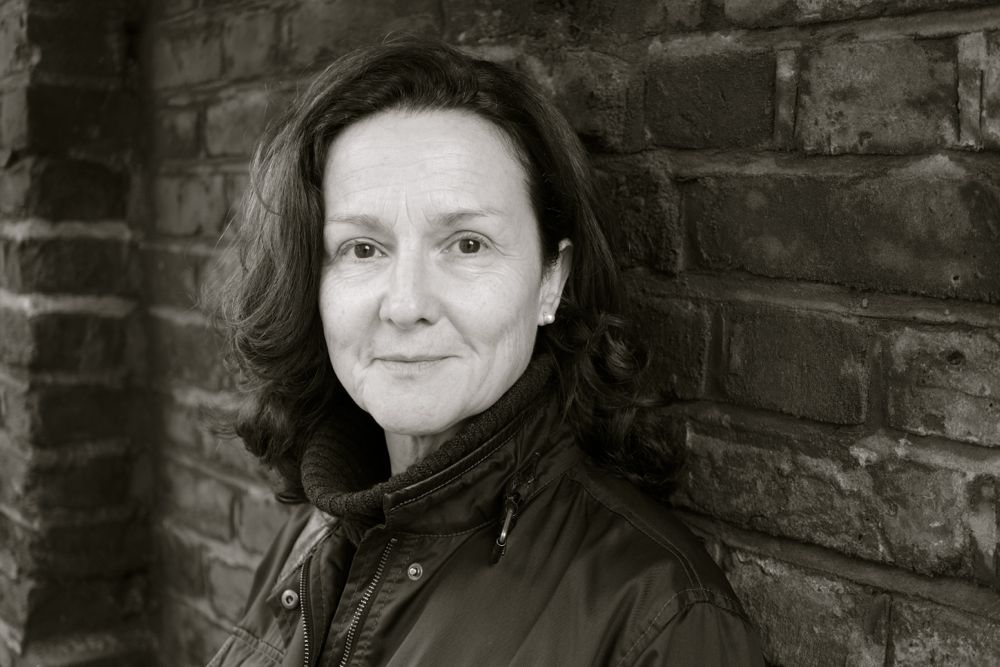29th January 2024
Humanitarian Xchange 2024 – The inaugural hybrid conference from Save the Children UK and the Humanitarian Leadership Academy will hold on February 20, 2024 online and at the Business Design Center in Islington, London.

HX will host valuable conversations and insights with humanitarians making real change in their areas of specialty. One of such conversations is with Dr Emily Mayhew, Historian in Residence at Department of Bioengineering, Imperial College.
During her online session at HX, Emily will share a historian’s perspective – her expertise on putting together the Paediatric Blast Injury Field Manual which provides guidance to those with medical training to adapt their knowledge when treating severely injured children. We had a chat with Emily to learn more about her personal journey and what to look forward to in her session:
In your journey, what is one personal experience that drastically changed your humanitarian outlook and possibly the trajectory of your work?
As part of a panel event at the Science Museum in London, very much like this one at HX24, I gave a talk on the impact of blast injuries on adults and how this form of casualty and its outcomes has not changed a great deal in the century between the First World War and today’s wars. Also on the panel were humanitarians from Save the Children.
They asked me if this would be the same for children who were injured by blast. I had never been asked that before so I guessed and replied “probably, but let me check.” The next day I talked to all my colleagues who worked in paediatric trauma, and they sighed heavily and said “NO.”
They explained that paediatric trauma is much more complex in children than it is in adults. Children have different physiologies because they are still growing. One of the paediatricians said something I have never forgotten: “children are not little adults, they are little human beings.” They deserve their own special care, not just guesswork.
We should not lose interest and go in search of the next dramatic event. We should stay focused and support recovery.”
You are part of the team that put together the Paediatric Blast Injury Field Manual, which is available in up to seven languages. What should audience look forward to during your session at HX?
A historian’s perspective. I am not a clinician or a biomedical scientist but I have studied how this work has been done over the last century and so I take a very long view! I know what we don’t know, and what still needs doing if we are to offer hope to the injured children of today.
If you could change the world by doing just one thing, what would it be?
I would like everyone to appreciate that rehabilitation and recovery are very long processes for everyone, adult or child. Recovery that enables the best possible long term outcomes is not accomplished in days or even months. When we see a patient with complex trauma we should understand that life beyond survival is not the same thing as survival. We should not lose interest and go in search of the next dramatic event. We should stay focused and support recovery.
More on Emily’s hybrid session:
Title: Understanding Paediatric Complex Trauma, the Science, Medicine & Long-Term Outcomes.
Time: 11:00-11:55GMT
Format: Panel Discussion & Debate
Where: Humanitarian Hub & Online
The team from Imperial College London’s Paediatric Blast Injury Study Centre will discuss survival of complex blast and crush trauma, and the life beyond survival for the world’s children at risk from these terrible injuries. Treating children with complex trauma is one of the most significant and urgent challenges of our time. Securing the best possible outcomes for them into adult life will require not only medical and rehabilitational commitment, but a scientific understanding of the disruption of the biodynamically complex mechanisms of growth.
About Emily
Dr Mayhew is a military medical historian specialising in the study of severe casualty, its infliction, treatment and long-term outcomes in 20th and 21st century warfare. She is historian in residence in the Department of Bioengineering, working primarily with the researchers and staff of the Centre for Injury Studies. She is also a Trustee of the Advance Study Charity Board.
